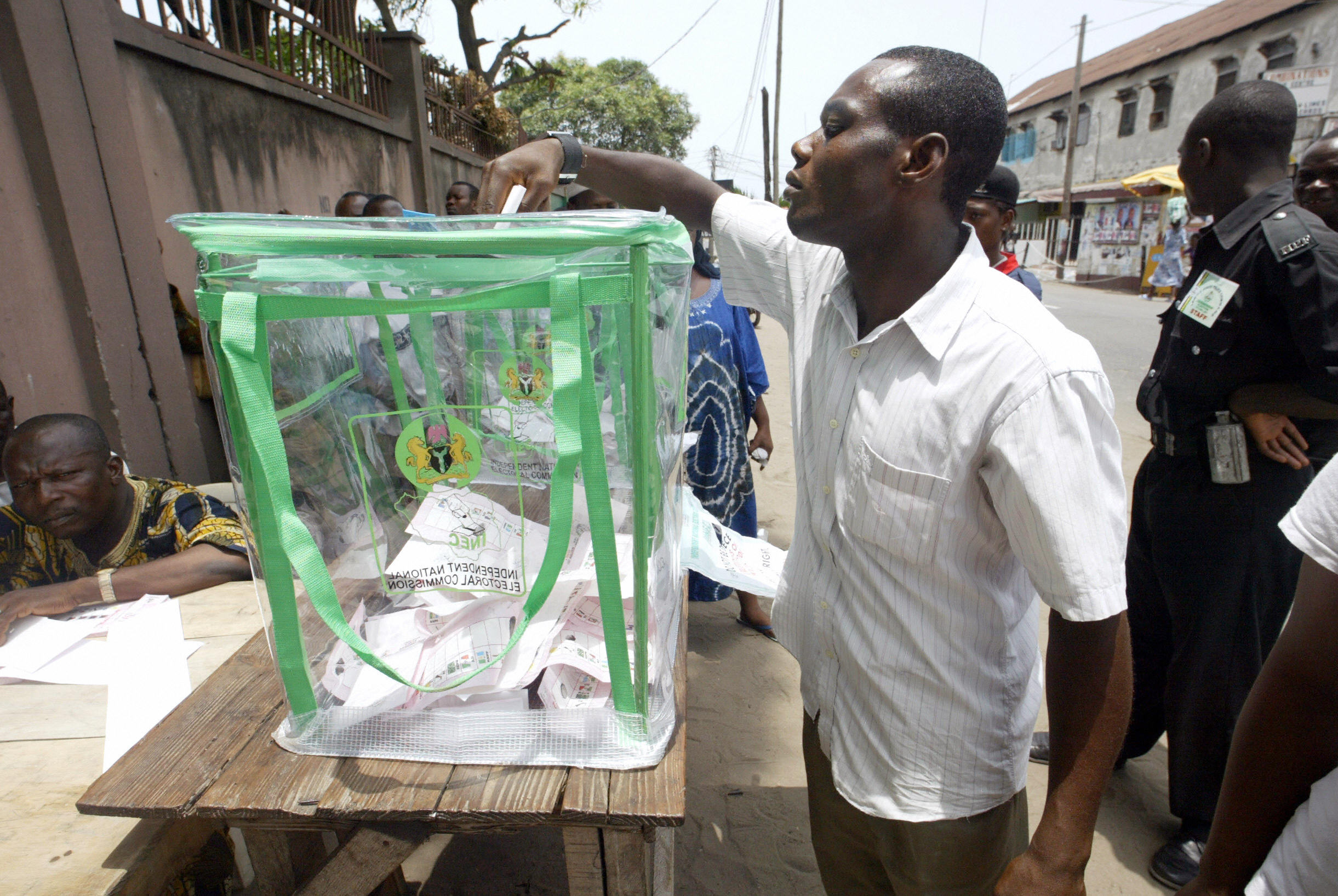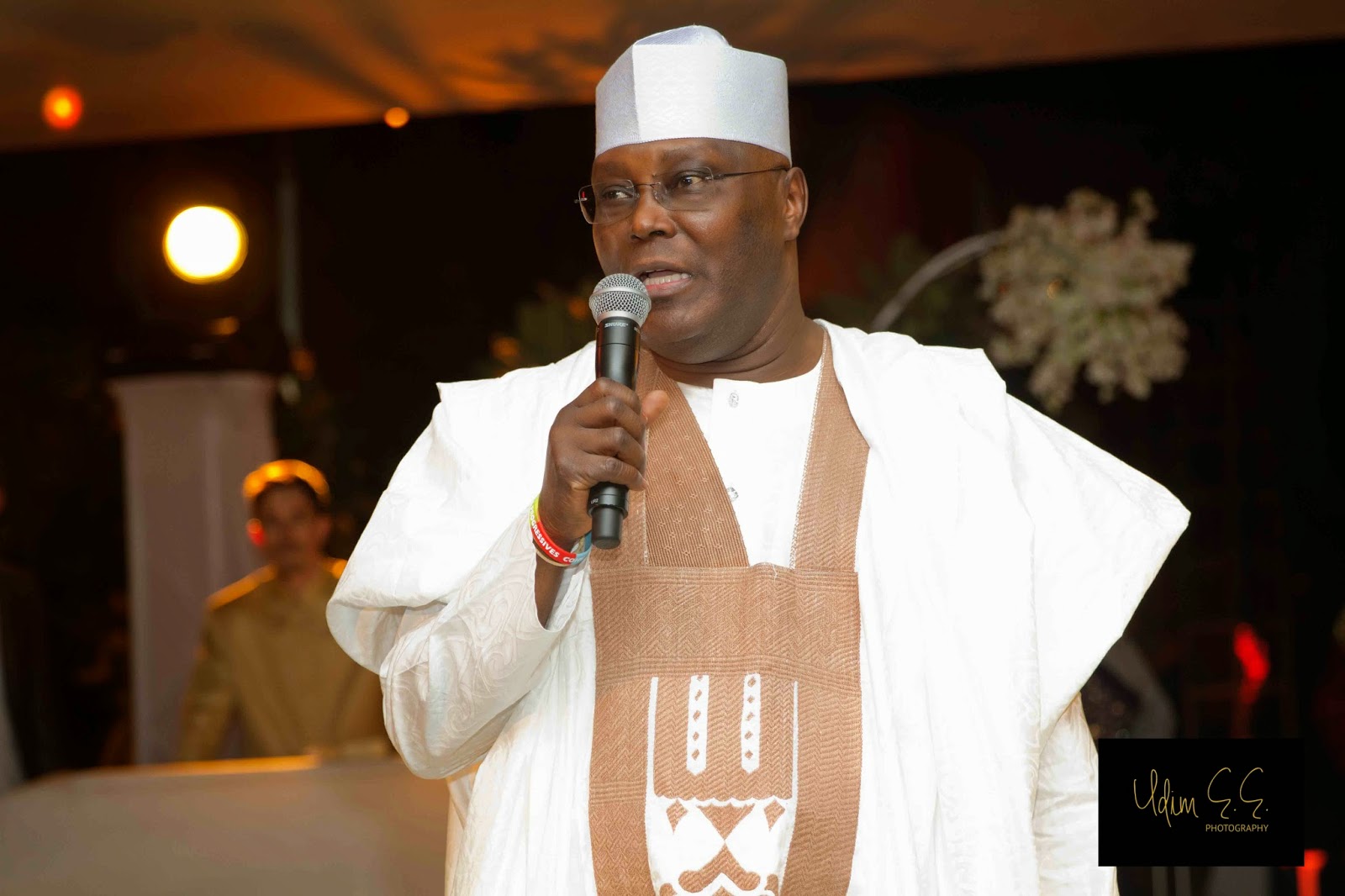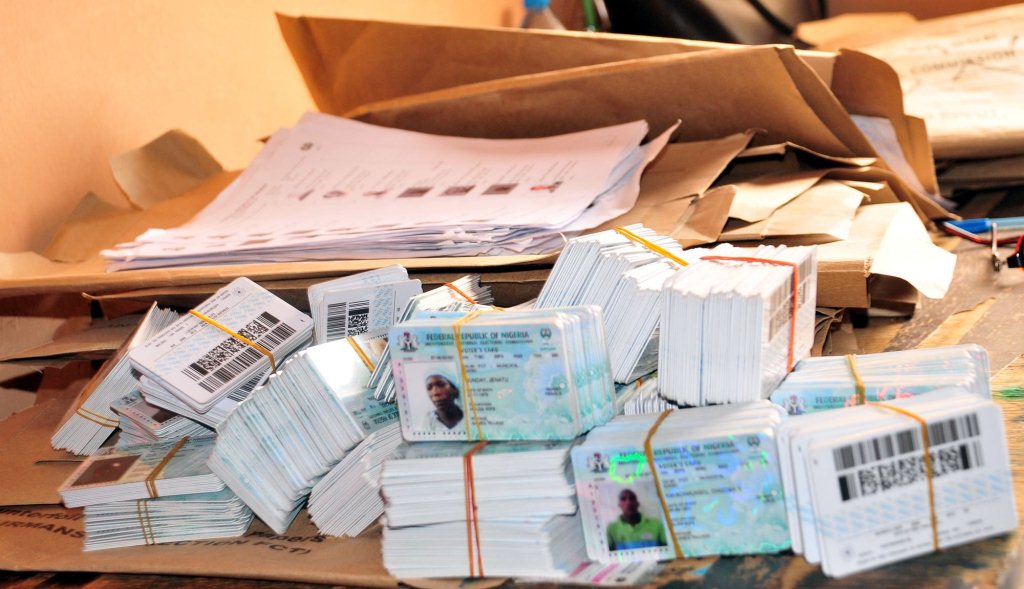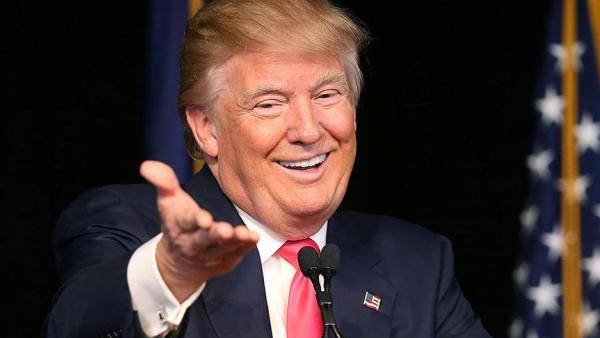Mrs Miatta French, Electoral Commissioner, National Electoral Commission (NEC) of Sierra Leone, on Thursday urged Nigerians to, in spite of politicians’ inducements, vote according to their consciences in 2019 elections.
French was in Abuja at the instance of Youth Initiative for Advocacy, Growth and Advancement (YIAGA), for “Watch the Vote Discussion’’ on lessons from Sierra Leone experiences in the just-concluded general elections in that country.
According to her, the African population is becoming very smart to the point of knowing credible leaders that will bring positive change above enticing freebies they share during elections.
“Sierra Leone witnessed an interesting trend in the just-concluded elections where, though people were offered money, they still voted for their consciences, and that was very clear in that this election.
“People have become extremely smart and it showed in the election because if anybody had told the ruling party that they would lose the election based on the size of their rallies, they would have said it was not possible.
“So, now we know that politicians can give people the money if they want to but it won’t translate to vote for them and that is a good one because it is stalling vote buying,’’ she said.
French also advised Nigerian public servants against partisanship, saying that the Sierra Leonean NEC observed during the recent elections that such acts affected the commitment of the public workers to their duties.
She said that most times, public servants complained of being marginalized or removed from their duty post after election because they did not belong to the ruling party.
The commissioner, however, said that this could be avoided if public servants learnt to be neutral in political matters and during political parties’ campaigns.
“Our public service has not learnt the discipline of not going along with campaigns; so, they always feel rejected by the opposition party.
“Quite honestly, if I am coming into an office and there are 25 of you but 20 were on another party’s train while campaigns were going on, I will not be comfortable having you around; that is normal.
“So, I think that we need to work as public officials not to take up a party position though we can go and vote,’’ she said.
Also speaking, Executive Director of YIAGA, Mr Samson Itodo, said that the event was to enhance stakeholders’ engagement which was critical for Independent National Electoral Commission (INEC).
According to him, an impartial electoral commission is the determining factor in the credibility of elections.
Itodo said that African elections were taking a new turn, adding that “what we have consistently seen is that incumbents are beginning to interfere with electoral commissions.
“We recall there was internet shutdown in Sierra Leone and it was simply just an attempt to undermine the electoral commission from using technology to transmit results.
“We have also seen where political parties do not play the game by the rule, especially in the conduct of their affairs or even in complying with basic rules as simple as not declaring results before the electoral commission actually declares it.
“There are key lessons that the weakest link in our electoral process is our results tallying and collation process and it is important for us as Nigerians to work on that as we match towards 2019,’’ he said.
Itodo urged INEC and other stakeholders to discuss and agree on modality of how results should be transmitted in a way that would be in tandem with the principles of openness, transparency and accountability.
He commended INEC’s plan to transmit results electronically in 2019, noting that increasingly, technology was playing a critical role in elections.
The director said that use of technology in elections was good, and that he extent it would be deployed in Nigeria would guarantee the trust and confidence of citizens.
He said that Nigerians were waiting for INEC to unveil its plan and strategy for deploying technology for the collation of results.
He, however, warned that if the application of technology did not in any way subscribe to the principle of openness and accountability, elections’ results would be contested.
Also speaking, Mr Raouf Salami, Program Officer at ECOWAS Network of Electoral Commissions, said that one of the challenges of the Sierra Leone elections was low civic education which translated to invalid votes.
Salami said that this was avoidable with proper awareness and urged Nigeria to work on that ahead of 2019.



